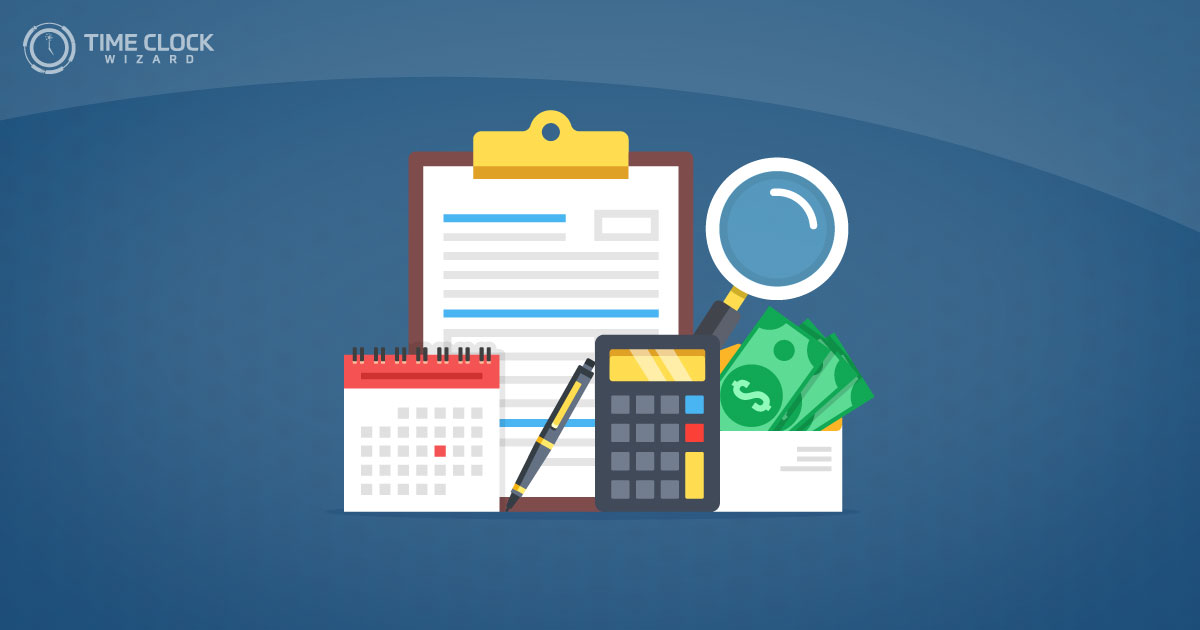
Navigating the complexities of employee benefits can be a daunting task for employers. One question that often pops up is: Are Unused Sick Days Paid Out? Understanding the ins and outs of this topic is crucial not only for managing your workforce effectively but also for ensuring compliance with labor laws and maintaining a supportive work environment.
In this comprehensive guide, we’ll delve into the various aspects that employers need to consider when dealing with unused sick days. From legal obligations to best practices in HR, get ready to find out what you should be doing with those days that weren’t taken due to sniffles or a cough!
Understanding the Basics of Unused Sick Day Payouts
Before diving into the nuances of policy making and legal implications, it’s crucial for every employer to grasp the fundamentals of unused sick day payouts. What exactly does this mean for your business and how can you determine if your current practices align with state laws and best practices?
Firstly, the concept of unused sick day payouts refers to the compensation employers provide to employees for the sick days that were accrued but not used during their tenure with the company. This can be either mandated by law or voluntarily offered by the employer based on the company’s policy. Do you have a policy in place at your organization?
- Assessing the financial impact on your company’s budget.
- Understanding employee rights and your obligations as an employer.
- Implementing or updating policies to accurately reflect compensation for unused sick days.
It is essential for employers to not only understand these basics but also to stay informed about any changes in legislation that may affect these practices. Staying updated can save your business from potential legal issues and foster a positive work environment where employees feel valued. Isn’t that a win-win for everyone involved?

Legal Implications of Paying Out Unused Sick Days
Navigating the legal implications of paying out unused sick days can be complex for employers. It’s important to understand that policies and laws can vary significantly from one location to another. Aren’t you curious about whether your business practices align with local legal requirements?
For starters, compliance with federal laws such as the Family and Medical Leave Act (FMLA) and the Americans with Disabilities Act (ADA) is crucial. These laws don’t generally require the payout of unused sick days, but they do set the baseline for employee leave rights. Additionally, several states and cities have their own regulations that might mandate different practices.
Analyzing Risk and Legal Compliance
Failure to adhere to applicable laws can lead to costly litigation and damage to your company’s reputation. It’s essential to conduct a thorough risk assessment before deciding your policy on Are Unused Sick Days Paid Out. Consulting with legal experts or HR consultants who specialize in employment law can provide valuable insights and assist in navigating this complex area.
Think about it: could your current policy on unused sick days be seen as unfair or discriminatory under local laws? It’s worth reviewing your policies regularly to ensure they are up to date with current laws and best practices. Keeping your employees informed about their rights and any policy changes is not only legally prudent but also fostopheroic esizes transparency and fairness in your workplace culture.
Considerations for Employers: Costs and Benefits
When determining whether to pay out unused sick days, employers must navigate a complex landscape of costs and benefits. Understanding how this decision can impact both your budget and your workforce is crucial. Have you considered how this policy might affect employee morale or your company’s financial health?
From a financial standpoint, the immediate cost of paying out accrued sick leave can seem daunting. However, offering this benefit can serve as a powerful tool for enhancing employee satisfaction and loyalty. A clear, generous sick leave policy can help attract top talent and reduce turnover rates, potentially saving money in the long run. On the other hand, not offering payout might save costs initially but could hurt your employer brand. What strategy aligns best with your company’s goals and budget constraints?
- Immediate financial outlay vs. long-term savings in recruitment and retention
- Improvement in employee morale and engagement
- Increased administrative responsibilities for tracking and managing leave
Ultimately, while the costs associated with implementing a payout for Are Unused Sick Days Paid Out can be high, the potential benefits in employee satisfaction and company reputation should not be underestimated. Every employer needs to weigh these factors carefully, considering both the industry standards and the unique requirements of their workforce.

State-Specific Regulations on Unused Sick Day Payments
Navigating the maze of state-specific regulations on unused sick day payments can be quite the challenge for employers. Did you know that the rules can vary dramatically from one state to another? It’s crucial to understand these differences to ensure compliance and avoid unnecessary penalties.
For instance, in California, employers are not required to pay out accrued sick days at the end of employment. However, if an employer combines sick leave with vacation time into a single paid time off (PTO) policy, they must pay out the entire balance upon termination. Isn’t it interesting how a small policy adjustment can change the legal requirements?
- California: No payout required for sick days, but PTO must be paid out if combined with sick days.
- New York: Employers are not required to pay out unused sick days unless otherwise stipulated by company policy or a collective bargaining agreement.
- Illinois: There is no state mandate to pay out unused sick days, but local ordinances in cities like Chicago might impose different rules.
Understanding these nuances can safeguard your business against unintended financial burdens. Are you keeping up to date with the regulations in your state? Regularly consulting with legal counsel or HR specialists can help you stay informed and compliant, ensuring that your policies align with current laws and best practices.
Best Practices for Policy Communication with Employees
Communicating policies effectively to employees is crucial, especially when it comes to sensitive topics like unused sick days. But how can you ensure that your message is both clear and legally compliant? Let’s dive into some best practices that can help you streamline this process.
Keep it Simple and Clear
Start by making sure that your policies on unused sick days are written in simple, easy-to-understand language. Avoid legal jargon that might confuse employees. Could this clarity lead to fewer misunderstandings and questions? Absolutely! By being clear, you not only make it easier for employees to understand their entitlements but also reduce the workload on your HR department in handling queries.
Frequent Updates and Transparent Communication
Laws and regulations regarding Are Unused Sick Days Paid Out can change, so it’s vital to keep your policies up to date and communicate any changes promptly. Use multiple channels to share these updates—whether through email, company newsletters, or staff meetings. Transparency is key! Isn’t it better when everyone is on the same page?
<>Common Questions
Case Studies: How Different Companies Handle Sick Day Payouts
Understanding how different companies manage the payout of unused sick days can offer valuable insights for any employer. How does your company stack up?
For instance, some companies choose to pay out unused sick days at the end of the year as a form of bonus to boost employee morale and encourage fewer unscheduled absences. Consider the tech giant, Google, which converts unused sick days into wellness credits that can be used towards health programs or rolled over to the next year.
- Company A: Offers 50% payout of unused sick days to encourage employees to only take sick leave when necessary.
- Company B: Rolls over all unused sick days to the next year, adding flexibility for employees.
- Company C: Does not pay out unused sick days at all, citing budget constraints.
Each approach has its unique implications on business operations and staff morale. For instance, offering partial payouts like Company A might be a middle ground that benefits both parties. Have you considered what might work best for your organization?
Final Thoughts: Are Unused Sick Days Paid Out
As we’ve unraveled the intricacies of whether **Are Unused Sick Days Paid Out**, it’s clear that the answer isn’t just a simple ‘yes’ or ‘no’. It depends heavily on state laws, your company policies, and the specific terms of your employment contracts. Have you taken a closer look at your own policies to ensure they align with legal standards and meet your organizational goals?
Understanding these nuances not only helps in maintaining compliance but also aids in fostering a positive work environment. Remember, clear communication with your employees about their benefits, including sick day payouts, can significantly contribute to employee satisfaction and retention. 🌟 Ready to review or set up your sick day policies? Don’t hesitate to reach out to legal experts or HR professionals for guidance tailored to your business!





